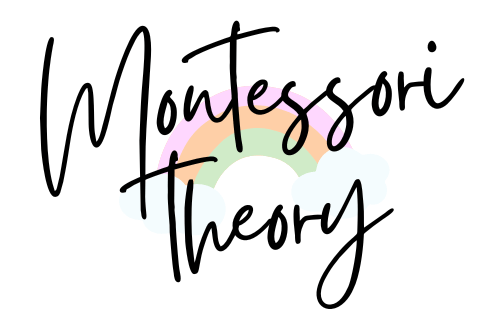Navigating the complexities of modern parenting, the Montessori method emerges as a topic of heated debate, praised by many for its forward-thinking approach while criticized by others as a convenient path for hands-off parenting. This dichotomy illuminates a broader discussion about what constitutes meaningful engagement in a child’s education. Exploring the Montessori philosophy reveals a multifaceted approach to learning that challenges conventional wisdom about parental involvement and educational outcomes.
The Essence of Montessori: Autonomy and Self-Directed Learning
At the heart of Montessori education is a focus on fostering a child’s autonomy and self-directed learning within a carefully prepared environment that evolves with the child’s developmental stages. Unlike traditional educational models, which often prioritize uniformity and teacher-led instruction, Montessori aims to cultivate a child’s natural curiosity and intrinsic desire to learn. This approach necessitates a meticulously prepared environment, equipped with specific educational materials designed to foster independence and critical thinking from an early age.
Critics argue that the laissez-faire attitude associated with Montessori education might seem like a convenient excuse for parental disengagement. However, such interpretations overlook the profound level of thought, observation, and preparation required to successfully implement Montessori principles. Far from being a hands-off approach, Montessori education depends on the active and attentive involvement of parents and educators alike.
The Role of Parents in Montessori Education
Engaging with Montessori education as a parent is far from being a shortcut; it is an active, deliberate choice that involves transforming everyday home environments and routines to align with Montessori principles. For instance, parents might lower clothing racks and shelves to enable children to choose their outfits and store their belongings independently, fostering a sense of autonomy and responsibility. In the kitchen, providing child-sized tools and accessible ingredients encourages participation in meal preparation, blending practical life skills with learning opportunities.
At home, parents play a crucial role in creating a supportive atmosphere that mirrors the child-centric Montessori classroom. This effort could involve setting up a dedicated learning space with materials that cater to their child’s current interests and developmental stage, encouraging exploration and discovery within the safety and comfort of the home.
In the school setting, parental involvement can take many forms, from volunteering in the classroom to participating in Montessori-based workshops that offer insights into the educational approach and its application. This engagement not only reinforces the home-school connection but also equips parents with the tools and understanding necessary to support their child’s learning journey.
Exploring Montessori’s Gray Areas
The conversation around Montessori education often seems divided into clear-cut camps, but the reality is much more nuanced. Montessori is not a one-size-fits-all solution and may not be the perfect fit for every child or family. However, a thorough understanding of its foundational principles and the commitment required for effective implementation can lead to a more informed and constructive debate.
It’s entirely feasible for parents to adopt aspects of the Montessori approach that align with their values and the needs of their children while modifying or omitting practices that do not. For example, a family might embrace Montessori’s focus on independence and respect for the child’s choices in daily life while preferring a more structured approach to certain subjects or routines.
Encouraging Informed Parental Choices in Education
The Montessori method, with its long-standing legacy and focus on holistic development, offers a thought-provoking alternative to conventional education models. Yet, fully grasping its essence and benefits demands looking beyond oversimplified judgments. Actively engaging with Montessori principles, both at home and in educational settings, enables parents to significantly contribute to their children’s development into curious, independent, and empathetic individuals.
As the quest for optimal educational and parenting practices continues, fostering an open and informed dialogue about the array of available approaches is essential. Choosing Montessori, in whole or in part, signifies a dedication to exploring a broad spectrum of educational philosophies to lay the best possible groundwork for our children’s futures.



